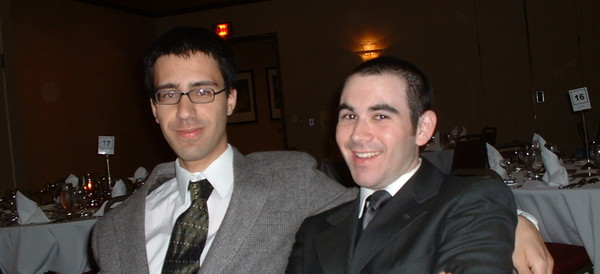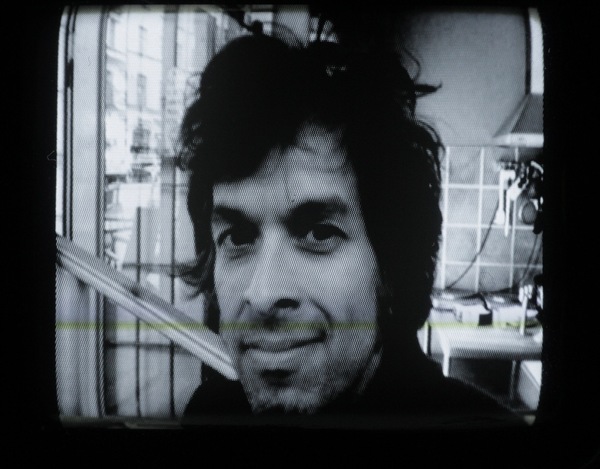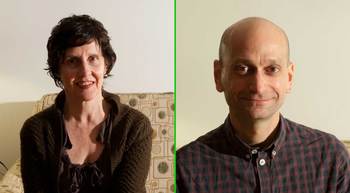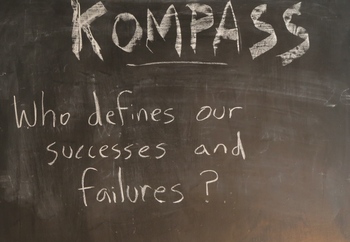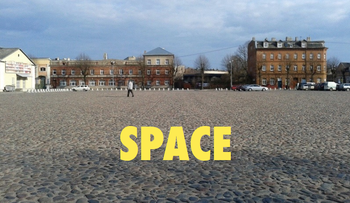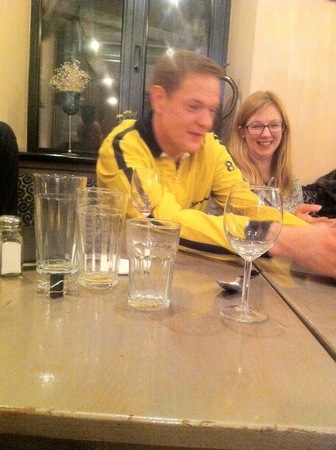
Riga durational dialogues #1: Introduction and Lars Cuzner
I belong to a new group of curators and artists called Blind Carbon Copy (BCC), and we recently held our first event, Curators Go to the Bar, at the KIM? contemporary art space in Riga, Latvia.
My contribution to this event was hosting a 3-hour talk show, interviewing other artists and creatives in attendance. This is a test run of the Constellations project that Ptarmigan will be producing in March 2013 at Ylioppilasteatteri, Helsinki. Constellations will be a 120-hour non-stop talk show, attempting to open dialogues with various creative practictioners in a public, participatory form. The idea is to merge the intensity of durational performance with something that is direct, accessible, and of value to a larger audience.
The conversations in Riga only went for 3 hours and was meant as somewhat of a test run for Constellations; hence, the name The Little Dipper. All five guests were recorded by Carlos Vasquez so I'll be posting the recordings here for your enjoyment. I was getting over the flu so I unfortunately am coughing throughout; also, I learned that I am not very good at being a talk show host (yet).
The Little Dipper part 1: Introduction and Lars Cuzner
I begin by explaining a bit about the intention behind talking to people in public, and then bring up Lars. I don't really stop talking much though but Lars does get a few words in.
Lars Cuzner is an artist, based in Oslo. He is interested in the various possible tensions between radical thought and action. In 2010 for one year Lars Cuzner offered fully confidential, one-to-one conversations at UKS art space, Oslo, where six participants signed up for conversations once a week for the full year. Through this project he explored the limits of private conversations and also tested the boundaries of the institutional critique and ability to report on similar art events, when the outcome of those events is secret. At the moment Lars is researching the Neue Rechte movement and a set of feelings which form the nationalist or the ‘tolerant Scandinavian’ image. At the same time, he is involved in a Christian sect where he is learning how to preach.
Topics include: the sustainability of ideas, the Scandinavian social contract, making people break up with their partners, money money money, the relative privilege of Scandinavia and subsequent sense of superiority, working in the project-based culture economy, quitting entirely.
